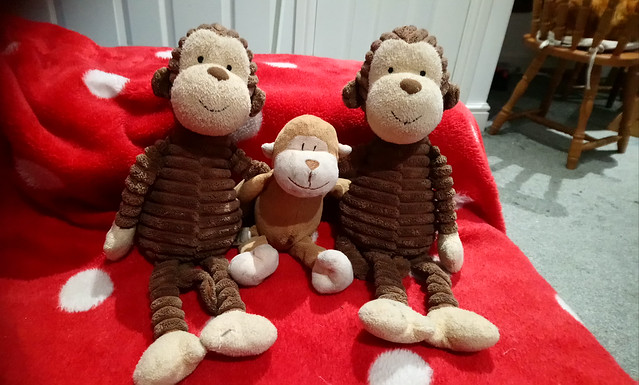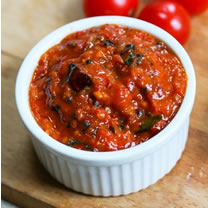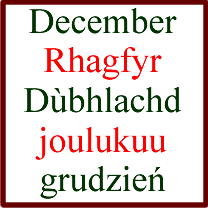An interesting Russian word I learnt this week is глупый (glupyj) [ˈɡlupɨj], which means silly, stupid, foolish or inane, but sounds like one of the seven dwarfs.
The Russian name for the dwarf dopey is actually Простак (Prostak), which means simpleton.
Глупый comes from the Proto-Slavic *glupъ (stupid, foolish), which possibly comes from a Germanic source. Cognates in Germanic languages include glópr (idiot) in Old Norse, and glópur (fool, idiot) in Icelandic.
Cognates in Slavic languages include:
– Bulgarian глупав (glupav) = stupid, silly, foolish, fool, unwise, sappy
– Croatian glup = stupid, dumb, silly, dull, brainless, dense
– Serbian глуп = stupid, dumb, silly, dull, dense, obtuse
– Slovene glúp = dumb, stupid, moronic
– Slovak hlúpy = stupid, silly, foolish
– Czech hloupý = stupid, silly, foolish
A related word in Russian is тупой (typoj) [tʊˈpoj], which means ‘dull, blunt; obtuse; dull, stupid’. It comes from the Old East Slavic тупъ (tupŭ), from Proto-Slavic *tǫpъ, and sounds like the Welsh word twp [tʊp], which means stupid. Is there any connection?
The word stupid comes from the Middle French stupide (stupid), from the Latin stupidus (struck senseless, amazed), from stupeō (to be amazed or confounded, to be struck senseless), from the Proto-Indo-European *(s)tup- / *(s)tewp- (to wonder), from *(s)tu- (to stand, stay).
I thought I’d made up the word gloopy, but it does exist, and means ‘Having a glutinous, sloppy consistency’.




